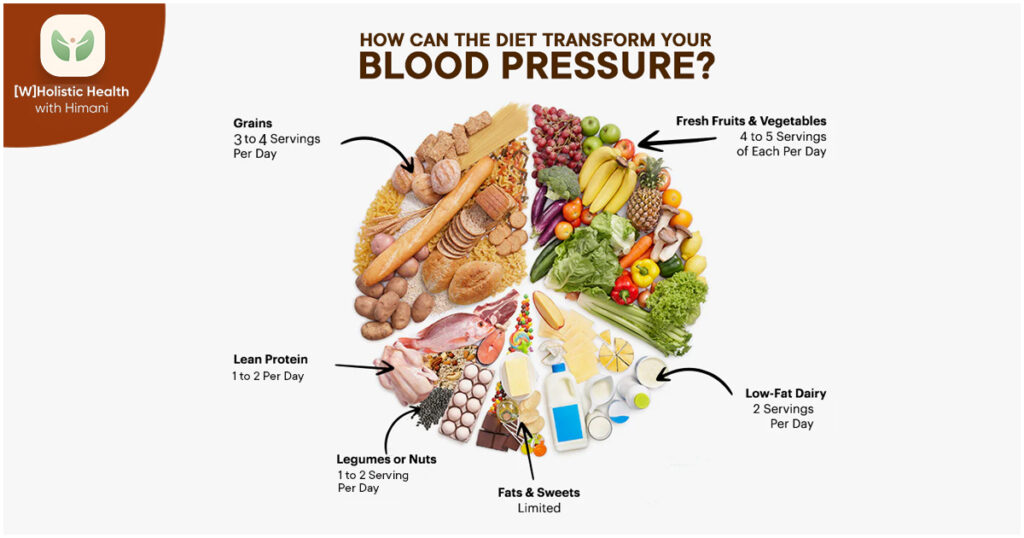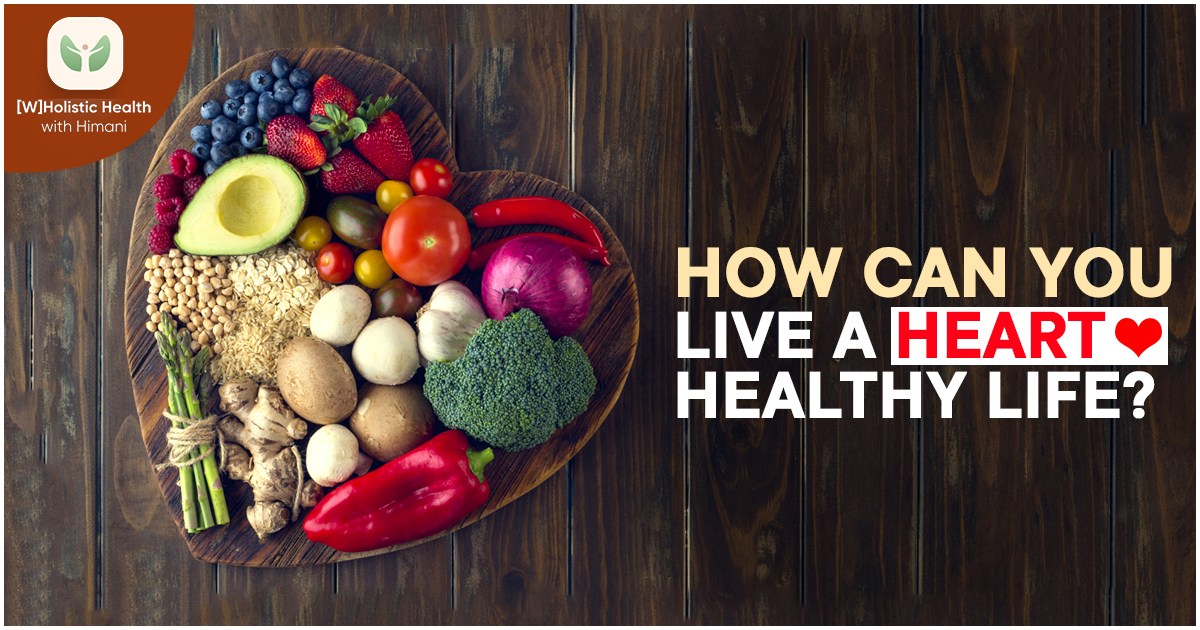According to the American Heart Association’s 2023 guidelines, maintaining healthy cholesterol levels is fundamental for cardiovascular health. HDL cholesterol, often called “good” cholesterol, is the body’s natural defense against arterial plaque. Research shows that each 1mg/dL increase in HDL reduces heart disease risk by 2-3%. Men should maintain HDL levels above 40mg/dL for optimal health, while women should aim for levels above 50mg/dL. Regular exercise has been proven to increase HDL levels by up to 10%.
Conversely, LDL cholesterol, known as “bad” cholesterol, is the primary contributor to arterial blockages. Harvard Medical School’s Department of Cardiology studies indicate that levels above 100mg/dL increase cardiovascular risk by 15%. Individuals can reduce their LDL levels by 5-20% through targeted dietary changes. The relationship between saturated fat intake and LDL levels is particularly significant, with each 1% reduction in saturated fat consumption leading to approximately a 2% decrease in LDL levels.
Table of Contents
ToggleWhat are the main differences between HDL and LDL cholesterol?
HDL cholesterol removes excess arterial plaque, and a 1mg/dL increase reduces heart disease risk by 2-3%. LDL cholesterol contributes to arterial blockages, and levels above 100mg/dL increase cardiovascular risk by 15%.
According to research from Harvard Medical School’s Department of Nutrition (2023):
- HDL levels should exceed 40mg/dL for men and 50mg/dL for women
- LDL levels should remain below 100mg/dL
- Total cholesterol should stay under 200mg/dL

How Can the DASH Diet Transform Your Blood Pressure?
The National Heart, Lung, and Blood Institute’s research demonstrates the remarkable effectiveness of the DASH diet in blood pressure management. This dietary approach consistently reduces systolic blood pressure by 8-14 points in clinical trials. The diet emphasizes consuming fruits, vegetables, and whole grains while limiting sodium to 2,300mg daily. A critical component includes incorporating 2-3 servings of low-fat dairy products daily, which provides essential calcium and protein without excessive saturated fat.
Read More: Food Allergies and Intolerances: What You Need to Know
Research supports specific daily nutritional targets within the DASH framework. Optimal results occur when consuming 8-10 servings of fruits and vegetables combined with 6-8 servings of whole grains. The diet also recommends 2-3 servings of lean proteins daily. Studies show that maintaining sodium intake below 2,300mg significantly enhances the diet’s effectiveness, with some participants experiencing blood pressure improvements within two weeks of adoption.
Which Foods Pack the Biggest Heart-Protective Punch?
Through extensive research, Stanford University’s Prevention Research Center has identified several essential heart-protective foods. Omega-3-rich sources play a crucial role, with fatty fish providing 2,000mg of omega-3 per 6oz serving. Walnuts contain 2.5g ALA per ounce, while flaxseeds offer 2.3g ALA per tablespoon. These omega-3 sources have demonstrated consistent benefits in reducing inflammation and improving heart rhythm.
Read More: What Is Mindful Eating and Why Does It Matter?
High-fiber foods serve as another cornerstone of cardiovascular health. Oats provide 4g of soluble fiber per cup, while legumes offer an impressive 15g of fiber per cup. Berries contribute 8g of fiber per cup, and whole grains typically contain 3-4g of fiber per serving. Studies show that each additional 10g of fiber consumed daily reduces heart disease risk by 9%.
Antioxidant-rich foods complete the heart-healthy trio. Dark chocolate (70% or higher) contains 15mmol antioxidants per 100g, while green tea provides 1,500mg of flavonoids per cup. Pomegranates offer 1,800mg of polyphenols per fruit, and berries contain 500-800mg per cup. Research indicates that regularly consuming these antioxidant-rich foods reduces oxidative stress and improves vascular function.
What Foods Should You Limit for a Healthy Heart?
The American College of Cardiology’s 2023 guidelines emphasize limiting certain foods for optimal heart health. Saturated fat intake should not exceed 13g daily, as reducing consumption has lowered heart disease risk by 17%. These fats are primarily found in red meat and full-fat dairy products, making food choice awareness crucial.
Read More: Why Is Balanced Nutrition Essential for Optimal Health?
Added sugar consumption requires careful monitoring, with women limiting intake to 25g daily and men to 36g daily. Research demonstrates that excess sugar intake increases cardiovascular risk by 38%. Many of these sugars hide in processed foods and beverages, necessitating careful label reading and conscious food choices.
Sodium management is vital to heart health, and a daily maximum of 2,300mg is recommended. However, optimal levels hover around 1,500mg daily. Studies show that each 1,000mg reduction in sodium intake lowers blood pressure by 5-6 points. Most sodium comes from processed foods and restaurant meals, making home food preparation an effective control strategy.
How Much Exercise For a Heart-Healthy Life?
The World Health Organization’s 2023 guidelines outline essential activity requirements for cardiovascular health. Adults should engage in 150 minutes of moderate or 75 minutes of vigorous activity weekly. Additionally, strength training should occur 2-3 times weekly, with a daily step goal of 10,000 minimum. This activity level has been proven to reduce heart disease risk by 21%.
Regular exercise provides multiple cardiovascular benefits beyond basic fitness. Studies show consistent physical activity lowers blood pressure by 4-9 points and increases HDL cholesterol by 5-10%. Furthermore, regular exercise improves insulin sensitivity by 20-35%, contributing to better overall metabolic health. Research indicates that these benefits begin accumulating with as little as 30 minutes of daily moderate activity.
How Should You Plan Heart-Healthy Meals?
Mayo Clinic’s Cardiology Department emphasizes the importance of proper nutritional balance in daily eating patterns. Optimal health occurs when 45-65% of calories come from carbohydrates, 20-35% from healthy fats, and 10-35% from lean proteins. This balance supports cardiovascular health while maintaining proper energy levels and body composition.
Meal timing strategies play a crucial role in maintaining heart health. Research supports consuming three main meals daily with 2-3 small snacks as needed. Spacing meals 4-5 hours apart helps maintain stable blood sugar levels, while consuming the first meal within 2 hours of waking optimizes metabolism. Studies show consistent meal timing can improve cholesterol levels and reduce inflammation markers.
How Does Emotional Health Impact Heart Health?
American Psychological Association research reveals significant connections between emotional eating and heart health. Stress eating has been shown to increase cardiovascular risk by 27%, while emotional eating raises cortisol levels by 15-20%. These elevated stress hormones can contribute to inflammation and increased blood pressure.
Implementing mindful eating practices can reduce stress-related eating by 40%. Regular meditation practice has demonstrated a 35% reduction in stress-related eating behaviors. Studies indicate that combining mindful eating practices with stress management techniques provides the most effective approach to managing emotional eating patterns.
Age-Specific Heart Health Considerations
Cleveland Clinic’s Department of Preventive Cardiology provides comprehensive guidelines for heart health across different age groups.
Children (2-18 years)
- Added sugar limit: 25g daily
- Calcium needs: 1,000-1,300mg daily
- Activity requirement: 60 minutes daily
Adults (19-64 years)
- Regular monitoring:
- Cholesterol checks every 4-6 years
- Maintain BMI between 18.5-24.9
- Annual physical examinations
Seniors (65+ years)
- Adjusted needs:
- Protein: 1.0-1.2g per kg body weight
- Calcium: 1,200mg daily
- Vitamin D: 800-1,000 IU daily
Conclusion
According to the American Heart Association’s longitudinal studies (2023), following these evidence-based guidelines can reduce cardiovascular disease risk by up to 80%. Success requires consistently applying these principles, regularly monitoring health metrics, and adjusting habits. Research shows that even small improvements in diet and lifestyle can yield significant cardiovascular benefits over time.

I’m Himani, a Singapore-based health coach certified by IIN. I help clients create personalized nutrition and lifestyle plans that lead to lasting health goals. By focusing on individual needs, I provide actionable steps to support your journey to optimal well-being











